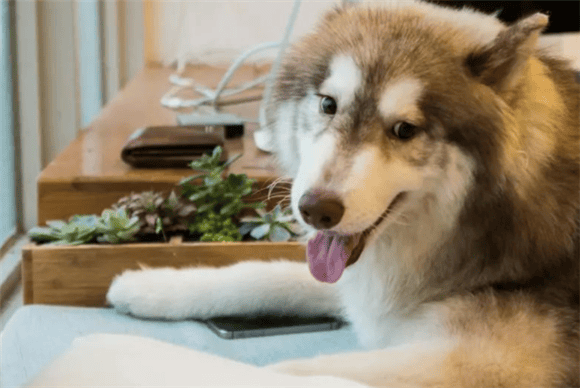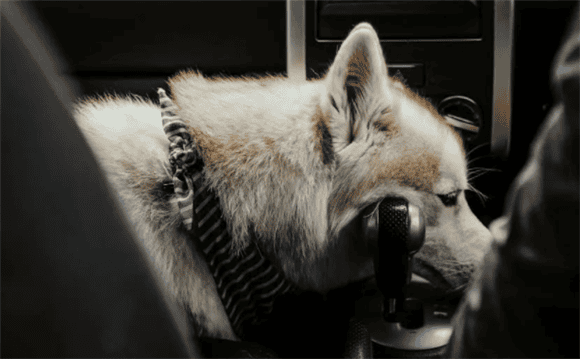Dogs are humans' loyal companions, and they can communicate with their owners through behavior and expressions. When dogs make mistakes or do something they shouldn't do, they also have some specific behaviors to show that they know their behavior is wrong. We must not underestimate the emotional intelligence of dogs. Although dogs cannot speak, But the emotions are indeed very delicate.

1. A depressed expression: When a dog does something it shouldn't do Afterwards, it may show a sluggish expression, such as lowering its head, dull eyes, drooped ears, etc. This expression shows guilt and remorse in the dog, and they may actively avoid their owner's eyes in an attempt to express their remorse.
2. Low posture: Dogs can also express guilt in a low posture, such as lying down, wagging their tails, placing their ears on their heads, etc. These actions indicate the dog's desire to relieve tension and communicate their recognition and remorse for inappropriate behavior.
3. Seeking comfort: After a dog knows that he has made a mistake, he may actively seek comfort and caress from his owner. They will approach their owners, lick their hands or put their body close to their owners to express their inner uneasiness and hope to be forgiven by their owners.
4. Avoiding eyes: After making a mistake, the dog will also avoid the owner's eyes, showing avoidance and shame. This behavior indicates that the dog knows it has made a mistake and is trying to resolve its feelings of embarrassment and guilt by averting its gaze.
5. Hiding or looking for a safe place: Some dogs will choose to hide in a corner or seek a sense of security after making a mistake. This behavior shows that they feel guilty and afraid of their behavior. By hiding, the dog is trying to get some comfort or a chance to right his wrongs.
6. Unwillingness to eat food or play: After the dog knows that he has made a mistake, he may show no interest in food or play. This behavior may be due to guilt and nervousness affecting their appetite and sense of joy, showing an unwillingness to enjoy the positive emotions of daily life.

7. Self-punishment behavior: In some cases, dogs may Will exhibit self-punishing behaviors, such as biting one's own tail, licking oneself, or intentionally misbehaving. This behavior indicates that the dog feels guilty and anxious about his behavior and is trying to use these behaviors to relieve his inner anxiety and uneasiness.
Dogs have many different ways of showing that they know they have made a mistake. No matter how the dog behaves, the owner should handle it in a gentle and patient manner. After the dog makes a mistake, the owner can give appropriate punishment, but more importantly, take timely action to correct the behavior, and provide care and comfort when the dog shows guilt to build good trust between the owner and the pet. and emotional connection.
Getting along with dogs requires understanding their emotions and behaviors, and communicating with them to build mutual trust and emotional connection. When dogs know that they have made a mistake, they are trying to communicate with their owners, hoping to gain understanding and comfort from their owners. By understanding the behavior and emotions of dogs, owners can better establish a healthy and harmonious relationship with their dogs and spend quality time together.

 扫一扫微信交流
扫一扫微信交流
发布评论